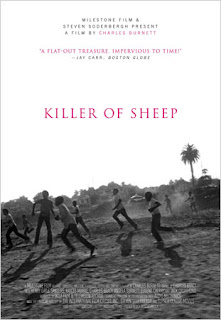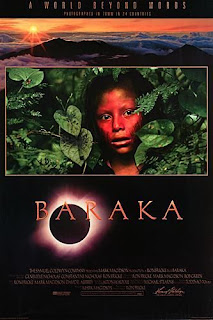DVD: The Earrings of Madame de… (Ophuls, 1953)
.jpg) I really enjoyed this as a study on fate, chance, greed, and adultery. At the beginning, the plot reminded me of Bresson’s L’Argent, as I expected the film to follow the earrings from owner to owner as they made their way around the world. However, when the earrings quickly end up not too far from Madame de (?), the film begins to concentrate on all of the lies that each character is telling as they all secretly seek a different life than the one that they are living right now. The comedy and the tragedy of it all, though, is that they think that they are the only ones who want change.
I really enjoyed this as a study on fate, chance, greed, and adultery. At the beginning, the plot reminded me of Bresson’s L’Argent, as I expected the film to follow the earrings from owner to owner as they made their way around the world. However, when the earrings quickly end up not too far from Madame de (?), the film begins to concentrate on all of the lies that each character is telling as they all secretly seek a different life than the one that they are living right now. The comedy and the tragedy of it all, though, is that they think that they are the only ones who want change.
The film is amazingly shot in elaborate tracking shots that circle the interiors, following the actors from behind or off to the side without feeling sneaky.
Towards the end of the film I did feel my interest waning, but it was captured again in the final 20 minutes when things are revealed, and the unfortunate finale plays out. Throughout the film, I found most of the three protagonists to be pretty unlikeable. They are all obsessed with their worth, possessions, and royalty. But two of the characters eventually developed to be more sympathetic, and the film finally declared a villain. The film seemed to end on an anti-religious note.
DVD: The Earrings of Madame de… (Ophuls, 1953) Read More »







